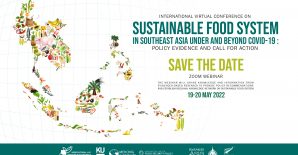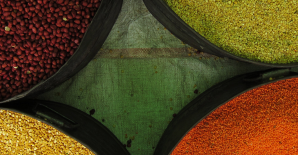Quantitative restrictions (QR) on rice imports have been a longstanding instrument of the Philippine government that regulated rice imports in an effort to protect rice farmers and promote rice self-sufficiency of the country. However, with the passage of the Philippine rice trade liberalization law in February 2019, the QR was lifted and replaced with import tariffs. This policy shift can have far-reaching impacts not only to rice and agriculture but to the entire economy with important implications to general welfare, nutrition and food security. This paper summarizes an ex-ante impact assessment aimed at simulating, quantifying and understanding the effects of rice liberalization on farmers, consumers and various stakeholders. It summarizes:
- background studies on price instability, implicit tariffs, climate change, and projections of world price of rice – that set the policy environment for the lifting of QR on rice trade and likely to continue to affect its implementation;
- comparative analysis of QR and 35% tariff policies to evaluate the impacts of liberalization; and
- alternative investment and policy options for enhancing the competitiveness of the rice industry.
For more information you can read the policy note here.



